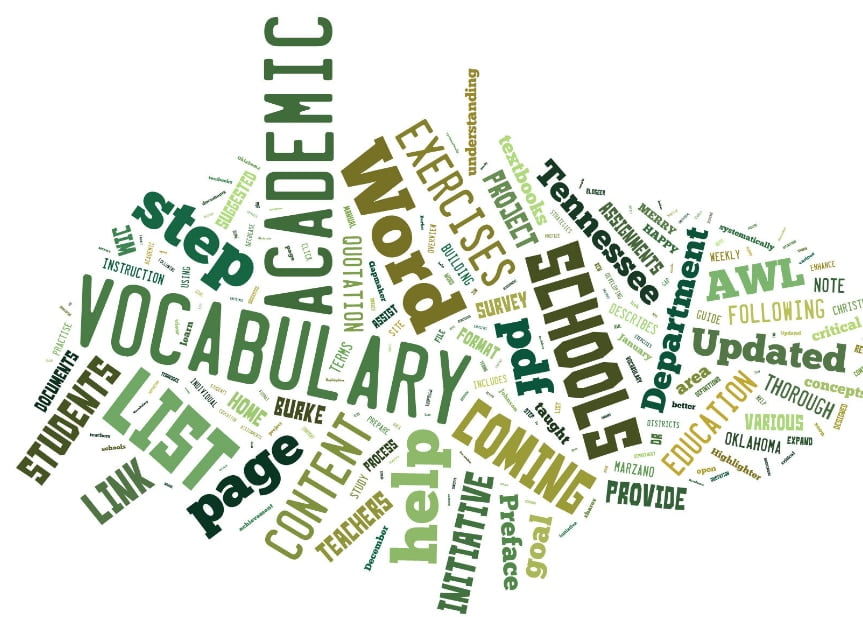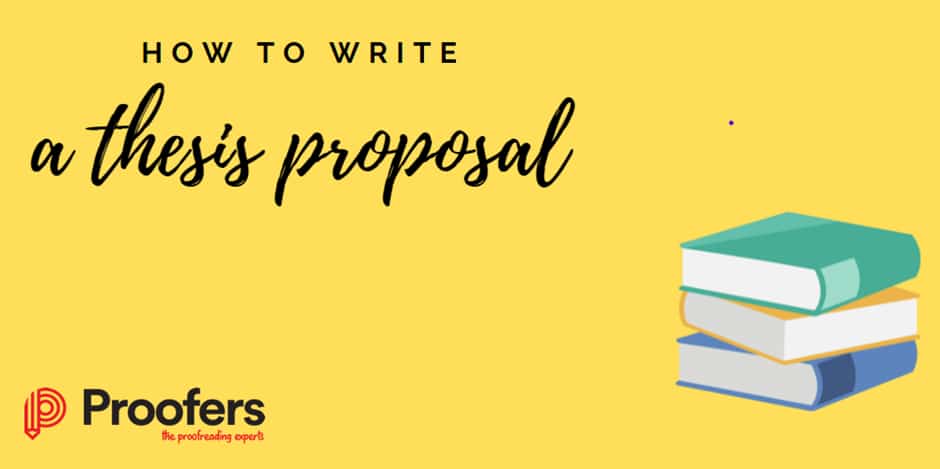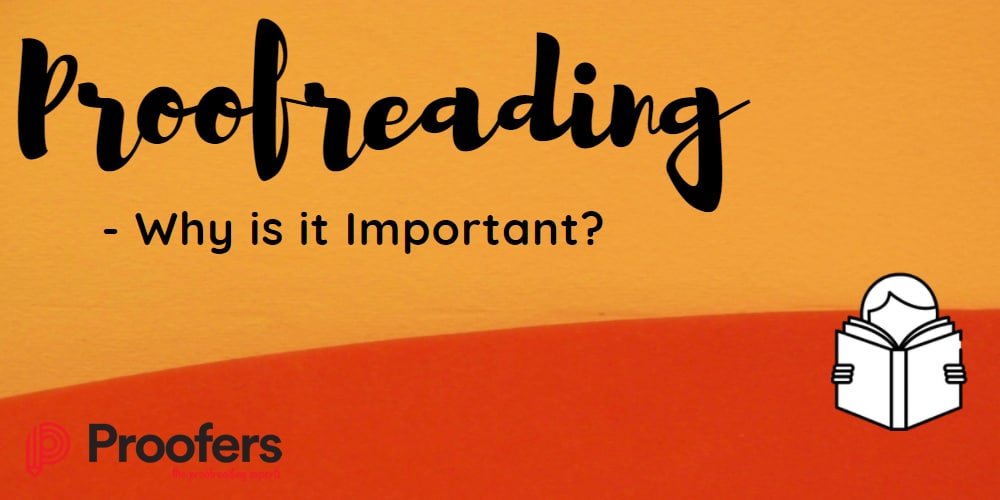Why Academic Vocabulary Matters
Academic theses and papers often have a unique language, characterised by academic vocabulary. They feature long words, complex sentence structures, and many parentheses. When writing an academic piece, it can be challenging to keep track of the content, let alone focus on the style.
There are some simple ways that you can smarten up your essay or thesis language-wise. Certain expressions have a more commanding ring to them than others. This gives a sense of confidence about the material you are presenting. If you are unsure about which expressions to use or how to rephrase effectively, our paraphrasing and re-writing services can help you reformulate content to achieve the right tone and style for your academic work.
Simple Academic Vocabulary to consider
Here are some that you can simply and easily incorporate into your writing:
- Therefore: this is typically used to draw a conclusion from a point you have made. It is neater and more succinct than a phrase like ‘this shows that’ and more emphatic than a word like ‘so’.
- However: when you make a point which needs qualifying, you can use ‘however’. It is a good alternative to ‘although’, ‘but’ or ‘in spite of’.
- Moreover: when you have a further point to include which adds to the information already presented, ‘moreover’ is a useful phrase. It can replace ‘in addition’ or ‘on top of this’.
- Consequently: this can be used instead of phrases like ‘as a result’ or ‘because of this’.
- Subsequently: use this at the beginning of an sentence instead of ‘after that’ or ‘then’.
- Carry out: it is better to ‘carry out’ some research than to ‘do’ some research.
- Nonetheless: This word can be used to introduce a contrasting idea, similar to “however” or “despite this.” It emphasises a surprising or noteworthy contrast and can replace phrases like “even so” or “still.”
- In contrast: A clear way to highlight a difference between two points, “in contrast” is often used in comparative writing and can replace “on the other hand” or “conversely.”
- Furthermore: This word helps add further evidence or information to support a point, much like “moreover.” It can replace phrases like “what’s more” or “besides this.”
- Hence: Used to indicate a consequence or reason, “hence” is a sophisticated alternative to “therefore” or “for this reason.” It is often used to show logical progression.
- Illustrates: Rather than using “shows” or “demonstrates,” “illustrates” provides a more academic tone and is useful when explaining an example or evidence.
- Significant: This term can be used to describe something of importance or impact, often replacing simpler words like “big” or “important.”
- Prior to: This phrase is a formal alternative to “before.” It is often used in academic writing to discuss events or research conducted previously.
- Indicates: A useful alternative to “shows,” “indicates” is often employed when discussing research findings or trends.
- Notwithstanding: This formal word is used to introduce a point that contrasts with a previous one, similar to “despite” or “regardless of.
These words can add a more formal, polished tone to academic writing and help convey ideas more precisely.
How to Build Your Academic Vocabulary
A regular reading habit, especially academic articles and essays, exposes you to higher-level vocabulary and academic phrasing. Additionally, keeping a vocabulary journal where you write down new words along with their meanings and usage examples can be incredibly helpful. Online tools and apps are also great for expanding your word bank, and practising these words in writing exercises will help them become second nature.
Need Help Polishing Your Work?
Is your vocabulary holding you back? Our team at Proofers is here to help! We offer expert proofreading and editing services tailored to your specific needs, ensuring that your writing is polished, professional, and clear. Whether you’re working on an academic paper, business document, or any other written content, we’ll help refine your language and improve the overall quality of your work.
Contact us today by visiting our website or giving us a call and see how we can help!
Additional Resources
Explore these further resources to enhance your vocabulary:
- Cambridge Dictionary Online
To help build your academic vocabulary, consider using the Cambridge Dictionary for definitions and usage examples of advanced terms
- British Council – Learn English
The British Council’s Learn English resources provide excellent tips and exercises for expanding your vocabulary, including academic language.
- Understanding Proper and Common Nouns
For a deeper understanding or a quick review of what proper and common nouns are, revisit our detailed guide on what is a proper noun and common noun.






